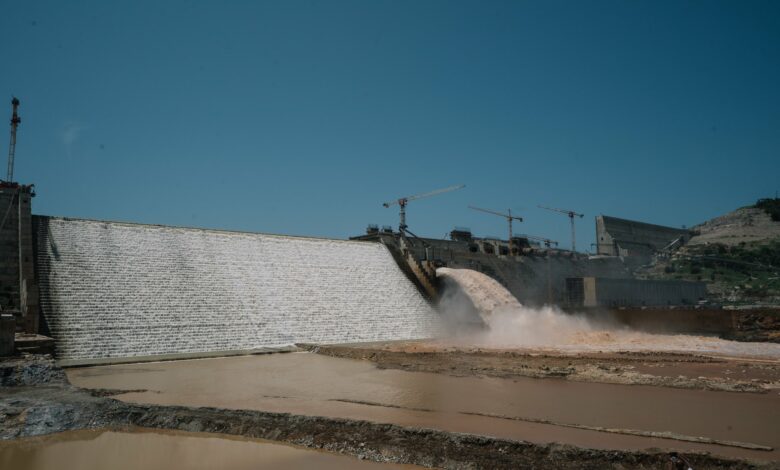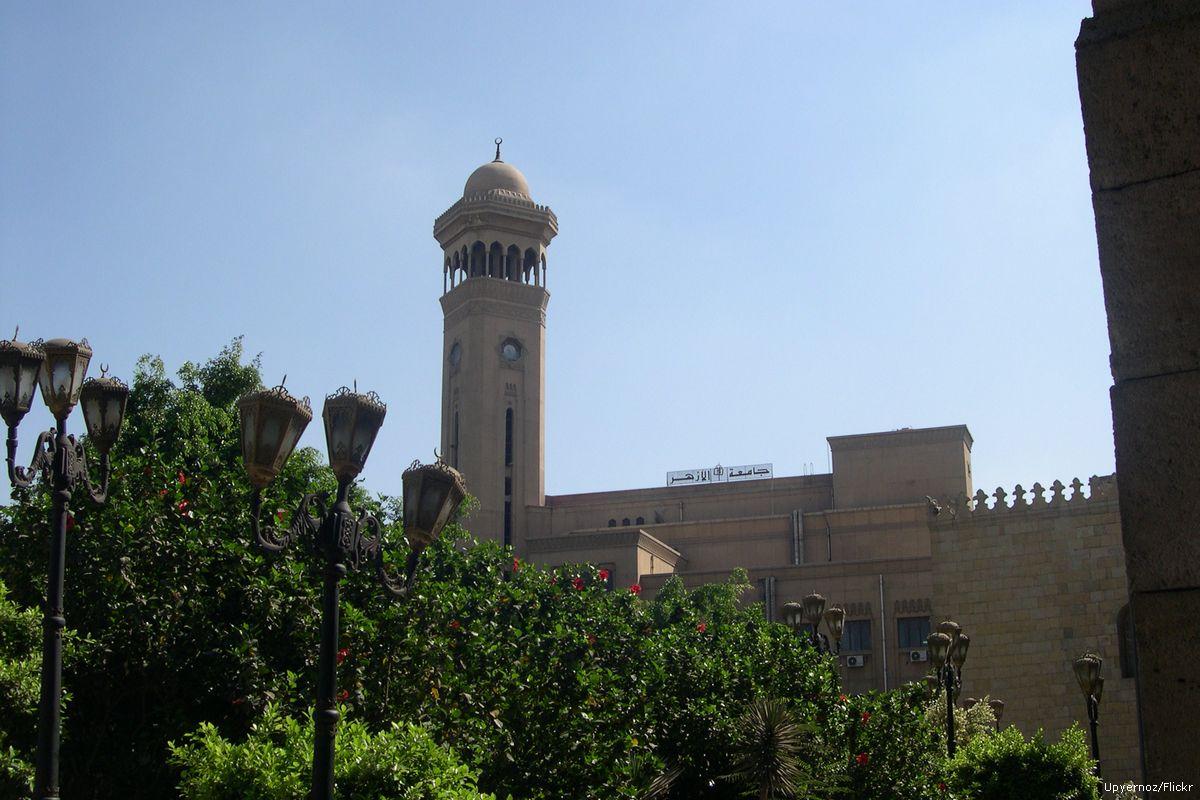
Egyptian water resources expert Abbas Sharaqi stated that the coming period will witness the flow of enormous quantities of water to both Sudan and Egypt due to Ethiopia opening the gates of the Grand Ethiopian Renaissance Dam (GERD) before the rainy season.
Sharaqi, Professor of Geology and Water Resources at Cairo University, explained that the shutdown of the GERD’s turbines and the failure to commence the dam’s operation as planned will force Ethiopia to discharge approximately 20 billion cubic meters of the dam’s water in preparation for receiving rainwater in the new season.
Sharaqi added, “We are less than two months away from the start of the rainy season in June. Ethiopia will be forced to discharge about 20 billion cubic meters before next July.”
He stressed that this water discharge “must be gradual, starting now, so as not to harm Sudan, which, like Egypt, is preparing to receive this water to mitigate the danger of a sudden, unagreed-upon release.”
Sharaqi mentioned that the fifth and final storage of water in the GERD concluded last September 5th at a level of 638 meters, with a total storage of 60 billion cubic meters. Since that date, Ethiopia has maintained this quantity while passing any excess water either through the upper spillway gates or through the turbine tunnels after the end of the rainy season.
He affirmed that the stability of the dam’s reservoir level at these figures is further evidence of the shutdown of the electricity-generating turbines, through which water was supposed to pass to generate power. He added that the planned number of these turbines is six to seven, but they have not genuinely become operational yet.
He noted that Ethiopia planned to install three turbines last December, in addition to four existing turbines installed in 2022 and 2024. However, two of these turbines have been inactive since 2022, according to satellite imagery.
He pointed out that the average inflow of the Blue Nile at the GERD in April reaches about 12 million cubic meters per day, which is not enough to operate even one turbine for several hours daily.




